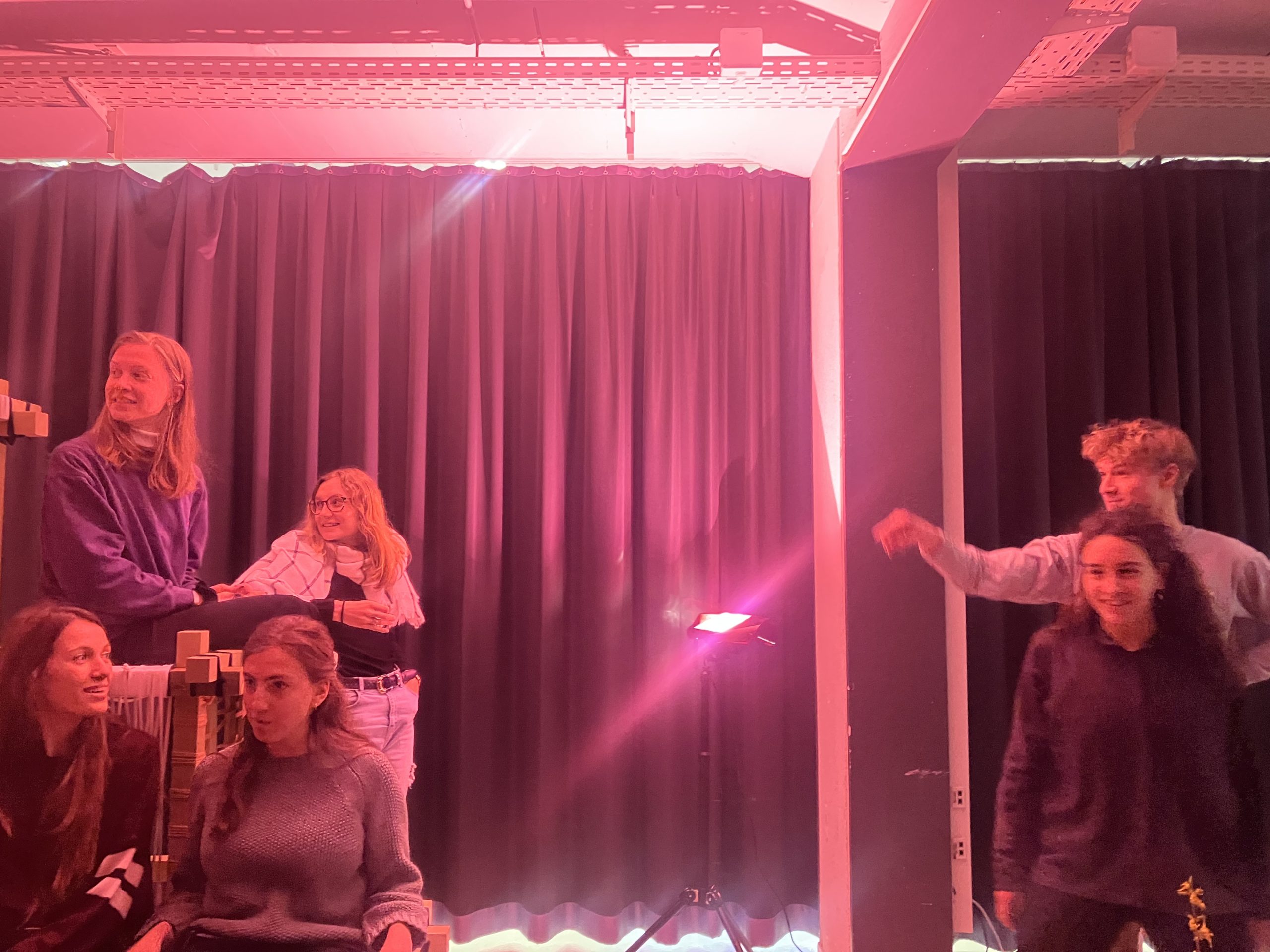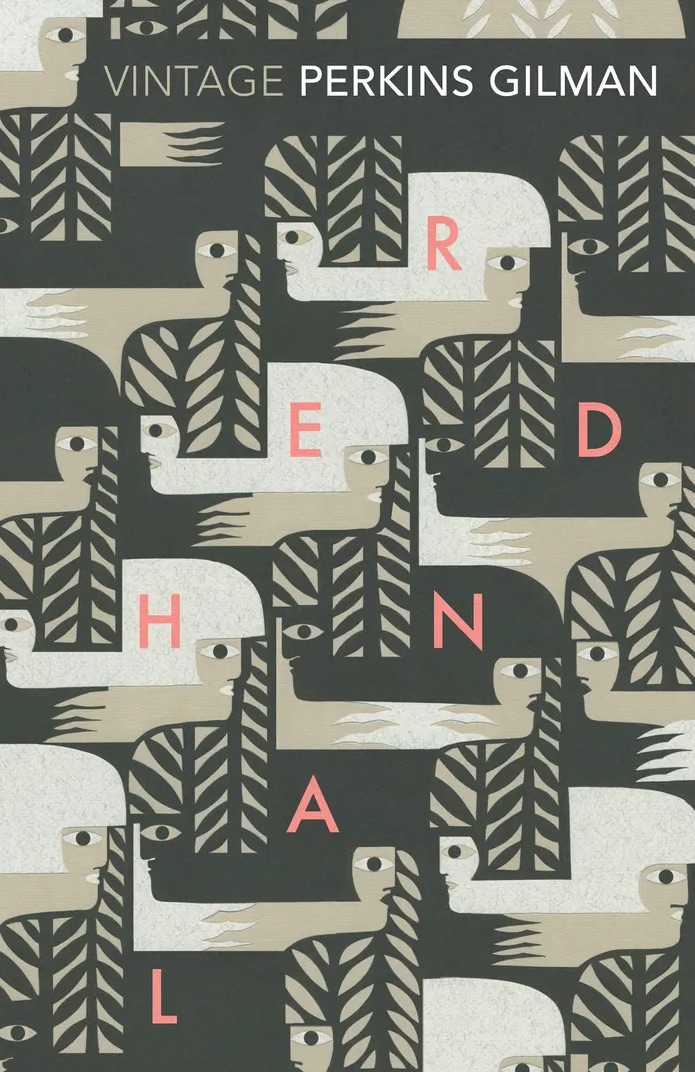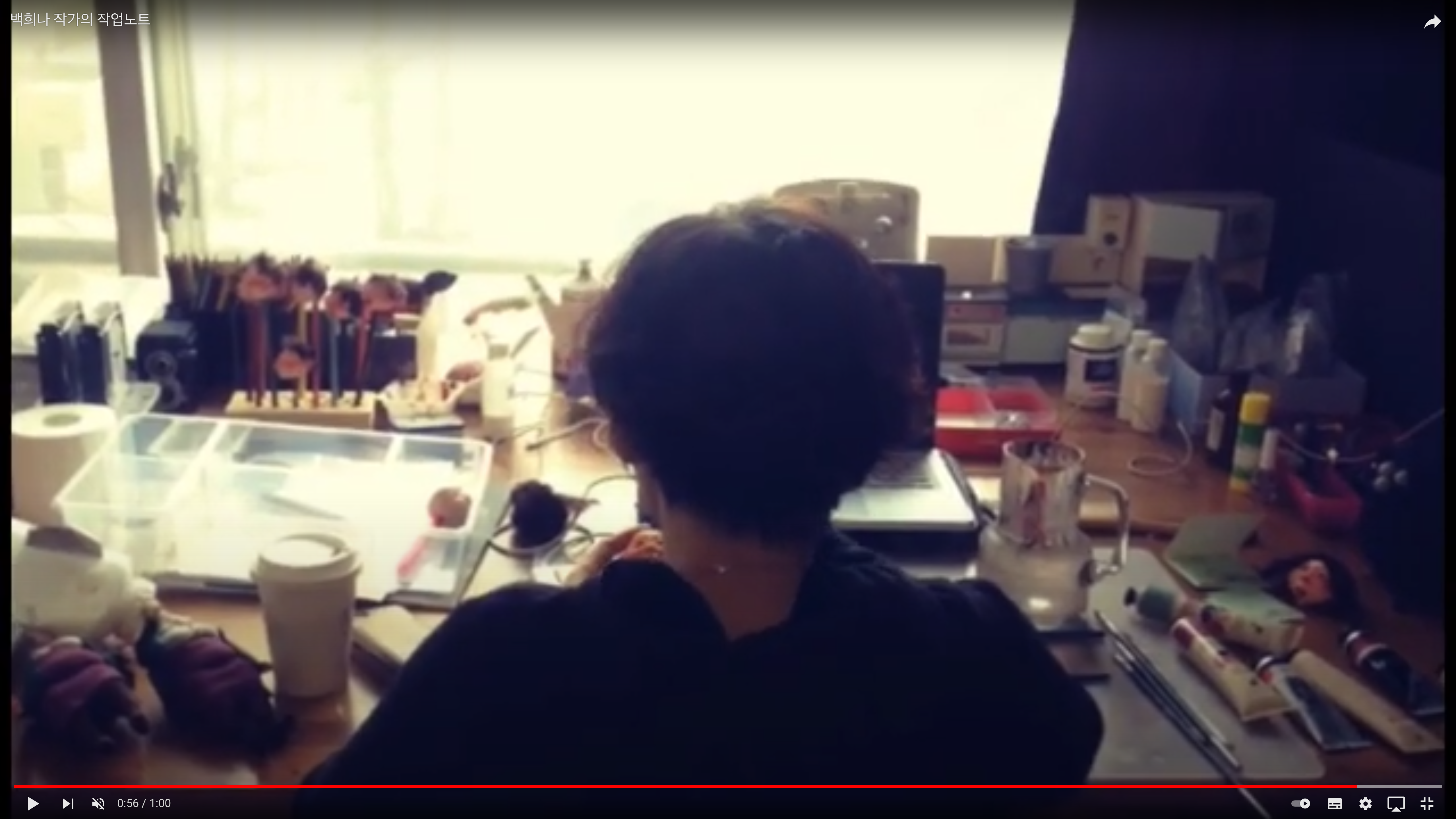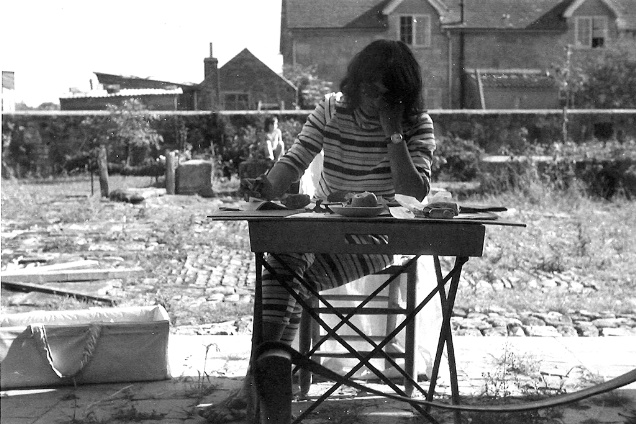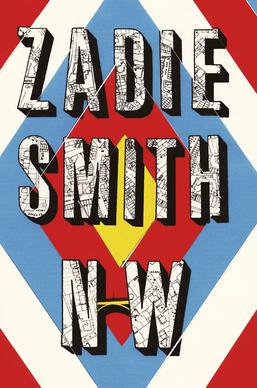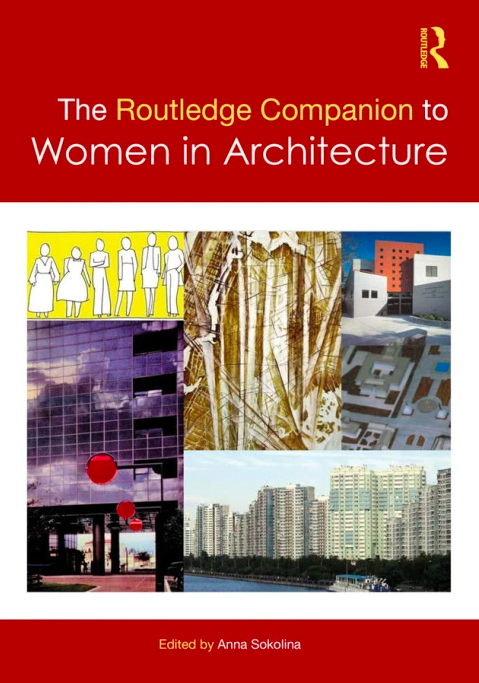Anne Hultzsch on Journal of a Residence in Chile
Besides contributing to art criticism and historiography, Maria Graham (1785-1842, née Dundas and later Lady Callcott) was most successful at publishing the diaries of her travels. In these, she drew on a range of registers, from aesthetic and scientific to economic and political, besides that of gender. It is this range of approaches to understanding […]


